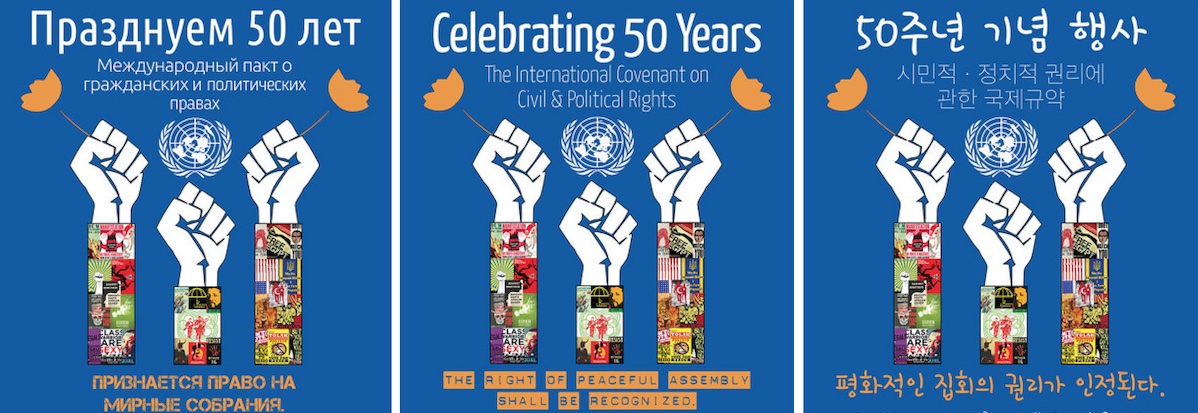Civil Resistance Funders Initiative

To promote coordination and best practices among INGOs supporting civil resistance movements, I developed and am principal investigator of the Civil Resistance Funders Initiative, on which I work with Ivan Marovic of the International Center on Nonviolent Conflict, with the generous support of Humanity United.
A key output will be a new publication in 2024, tentatively titled: Turning the Tide on Authoritarianism: A Funder’s Guide to Supporting Civil Resistance.

Description:
At a time of rising authoritarianism, strengthening support to civil resistance movements could not be more urgent. To this end, this project draws on leading insights from practitioners and scholars, and engages movement-centered funders, INGOs, and local grantees, to develop a comprehensive resource for funders and international advocacy organizations.
Most current publications on this subject are tailored to activists or scholars. The Funder's Guide to Supporting Civil Resistance will fill a critical gap in the field by speaking directly to the INGO community, with an understanding of professional practices, opportunities and constraints within that sector. In addition, the project will promote greater information exchange, relationship building, and communication among staff at movement- and civil resistance-centered organizations in ways that can lead to subsequent collaboration (such as forming communities of practice, running joint workshops, and establishing joint funding pools).
Goals and Intended Outcomes:
1. Create a comprehensive resource on civil resistance for funders and international advocacy organizations.
2. Elevate best practices and know-how that currently exists in organizations and at the grassroots but that has not yet been structured or systematized for broader sharing.
3. Integrate relevant findings from the rapidly developing base of scholarly research on civil resistance, and make these findings accessible and pertinent to organizational decision making.
4. Empower advocates to make the case internally for why their organizations should engage in more movement- and civil resistance-centered funding and programs. The Guide will offer these advocates relevant information, examples, and arguments needed for them to legitimize and advance their case. The project will also foster greater information sharing among staff across different organizations, and thus provide advocates with mentorship, sources of encouragement, and cross pollination of ideas.
5. Promote greater information exchange, relationship building, and communication among staff at movement- and civil-resistance centered organizations in ways that can lead to subsequent collaboration (such as forming a community of practice, running joint workshops, and establishing joint funding pools).
6. Ultimately catalyze greater resource allocation to support capacity and educational infrastructure in the field of civil resistance. This will provide activists and organizers with greater opportunities for skill building, training, knowledge sharing, and peer learning, as well as to receive other forms of support. In turn these increase the prospects for movements to secure rights, freedom, peace, and justice.